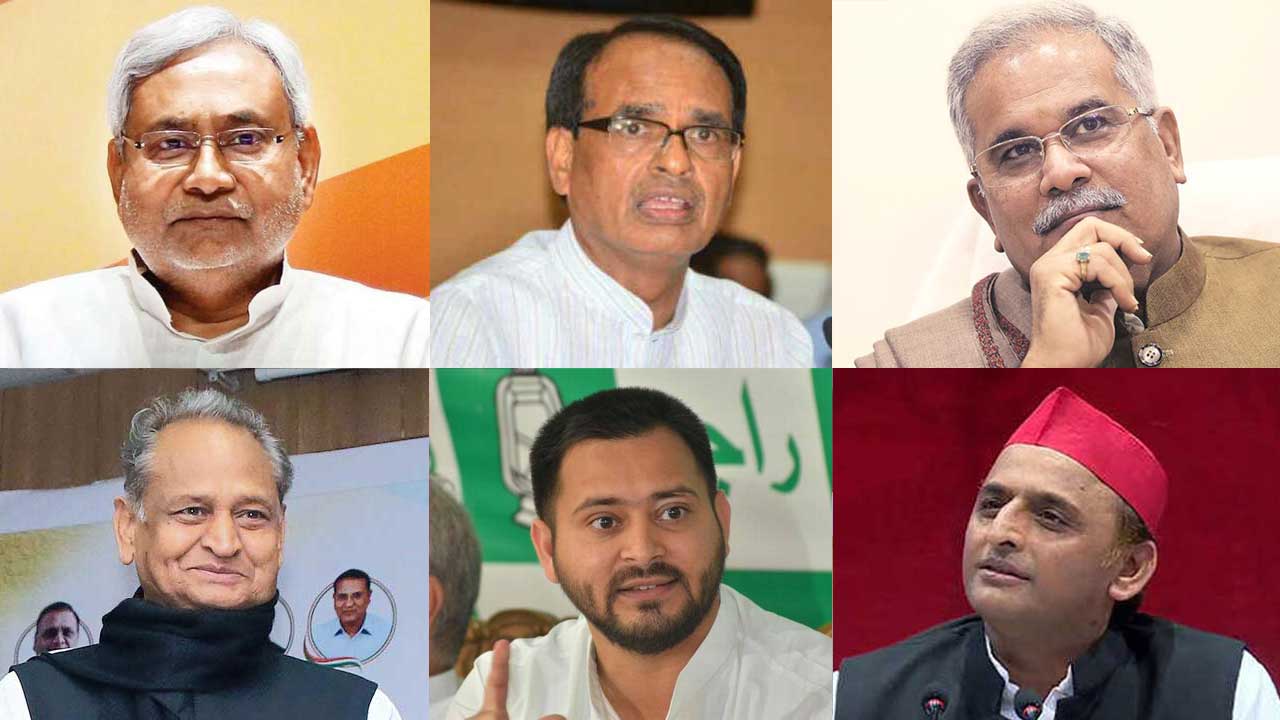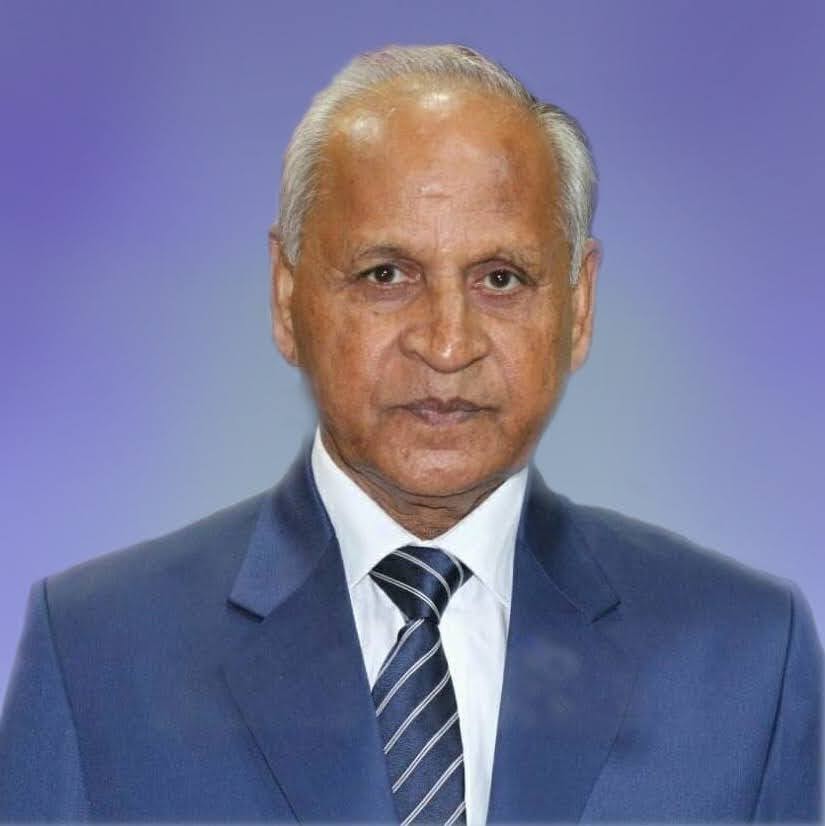Thinkers like Jotirao Phule (Mali), Chhatrapati Shahuji Maharaj (Kurmi), Periyar E.V.R. Naicker (Balija Naidu), Periyar Lalai Singh Yadav (Yadav), Ramswaroop Verma (Kurmi), Jagdeo Prasad (Kushwaha) and many others did their utmost to free the backward castes from the slavery of the brahmanical system. But it would not be an exaggeration to say that the backward castes did not follow in the footsteps of their mentors and emancipators. In 1984, Kanshi Ram founded the Bahujan Samaj Party. He built a movement inspired by these great personalities and made a determined effort to wrest power from the brahmanical forces and hand it over to the Dalitbahujans. But the backward castes never recognized him as their leader. Instead, the leaders of the backward castes continued to carry the palanquin of Brahmanism. They could neither make it to the pinnacle of State power nor free the Backwards from the slavery of Brahmanism.
From time to time, Dalit leaders tried to bring the Scheduled Castes, the Scheduled Tribes, the backward castes and the minorities on a common platform in a bid to take State power. But they failed to achieve their objective primarily because the backward castes did not back them wholeheartedly. The Dalits were conscious of their rights since the pre-Independence days and struggled unitedly to secure them. That is why the Dalits have managed to get some share in the government and the administration. However, the representation of the backward castes is far below their proportion in the population. In some states, to further their political interests, the BJP and the Congress did appoint members of backward castes as chief ministers. But even they failed to break free from the slavery of the Brahmins, let alone freeing their community from it.
Needless to say, the Sangh Parivar is the patron of the Varna system, which slots people into four classes. The Varna system has helped the upper castes monopolize State power and wealth. Today, 73 per cent of India’s wealth is concentrated in the hands of 1 per cent of its population. The Varna system has also succeeded in confining the OBCs to their traditional occupations. They have been entrapped by Hindutva.

As the largest community, the backward castes should have been ruling the country. However, the brahmanical elements have reduced them to slaves of the brahmanical order.
In Bihar and Uttar Pradesh – the two biggest states of North India – the Dalits and the backward castes did succeed in grabbing power for some years. But even then, politics of the Dalit and the backward-caste leaders revolved around Brahmanism and ultimately, they were ousted from power in these states, too. It is clear that until and unless the Dalits, the OBCs and the minorities come together, State power will continue to elude them.
Another bane of Indian politics is that the heads of the so-called pro-Bahujan political outfits are ploughing their lonely furrows. They are fighting for State power without joining hands with one another. As a result, they have been reduced to “vote katwas” – parties which can damage the prospects of other parties but itself cannot come to power. They are handing over power to either the Congress or the BJP, neither of which is pro-Dalitbahujan.
However, the rumblings of a new movement are audible on social media. A section of the backward-caste intelligentsia has launched a campaign to free the backward castes from the slavery of Brahmanism. They have been arguing that the government has not allowed the ongoing movement of farmers, most of whom are from the backward castes, to succeed because of its Manuvadi policies. They have also been arguing that the government is also on a privatization spree because it intends to limit reservations in public institutions meant for the Dalits and the Backwards and isolate them. They have noted that Rashtriya Swayamsevak Sangh (RSS) ideologues have been appointed to top positions in government institutions, who are working overtime to build a Hindu Rashtra, which, in fact, would be a Dwij (upper-caste) Rashtra. It is heartening to note that these intellectuals are discussing a movement based on the thinking of Ambedkar and Kanshi Ram.
India seems to be on the cusp of a major political change. There is a real possibility of the emergence of a major movement, backed unitedly by the Dalits, the backward castes and the minorities.
(Translation: Amrish Herdenia; copy-editing: Anil)
Forward Press also publishes books on Bahujan issues. Forward Press Books sheds light on the widespread problems as well as the finer aspects of Bahujan (Dalit, OBC, Adivasi, Nomadic, Pasmanda) society, culture, literature and politics. Contact us for a list of FP Books’ titles and to order. Mobile: +917827427311, Email: info@forwardmagazine.in)
The titles from Forward Press Books are also available on Kindle and these e-books cost less than their print versions. Browse and buy:
The Case for Bahujan Literature
Dalit Panthers: An Authoritative History







